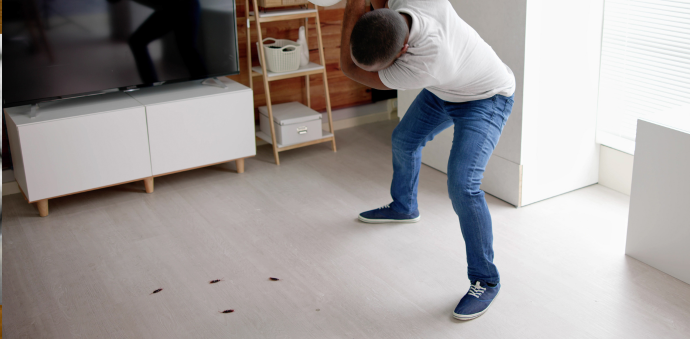North Carolina Law on Pest Infestations in Rentals: What Tenants Need to Know
Dealing with pests like rodents, cockroaches, or bedbugs in your rental home can feel overwhelming and unhealthy. If you’re facing a pest infestation, you likely have important questions about your rights and your landlord’s responsibilities under North Carolina law.
This post offers clear answers and practical guidance for tenants frustrated by pest issues. Learn what laws protect you, who is responsible for pest control, and how to take action to ensure your home is safe and livable.
Landlord Responsibilities for Pest Control in North Carolina
Under North Carolina law, landlords have a legal obligation to provide tenants with safe, habitable housing, which includes maintaining properties free from pest infestations. This is part of the landlord’s duty to comply with building and housing codes that promote health and safety, as outlined in N.C. Gen. Stat. § 42-42.
- Before Leasing: Landlords must not rent out units already known to be infested, such as with bedbugs. They may obtain inspection certificates proving the unit is pest-free.
- During Tenancy: Landlords are responsible for responding promptly when tenants report pest problems and for arranging pest control treatments as necessary to maintain a pest-free environment.
- Regular Maintenance: Seasonal pest control and property upkeep may be required to prevent infestations.
- Documentation: Keeping records of pest control efforts and communications with tenants is vital for compliance and dispute resolution.
Tenant Responsibilities to Prevent and Report Pests
Tenants also play an important role in preventing pest problems, which helps keep rental homes habitable:
- Maintain cleanliness by disposing of garbage properly and regularly.
- Store food securely in airtight containers to avoid attracting pests.
- Report signs of infestation (droppings, sightings, bites) promptly and in writing to the landlord.
- Follow any reasonable instructions from landlords or pest control professionals to facilitate treatment.
If tenants cause infestations through negligence (such as poor housekeeping), they may be responsible for the costs of pest control.
Special Rules About Bedbugs
North Carolina law specifically addresses bedbug infestations. Landlords must not lease units known to have bedbugs and can require tenants to cooperate with extermination efforts. Tenants who fail to comply with treatment instructions may face lease termination or damages claims.
What to Do If Your Landlord Won’t Address Pest Infestations
- Notify your landlord in writing right away about the pest problem. Keep copies of all correspondence.
- If the landlord does not act, contact local housing or health authorities who can inspect and order treatments if needed.
- Document infestation evidence with photos or videos.
- If the pest issue severely affects habitability and your landlord refuses to fix it, you may have legal grounds to request repairs, withhold rent (only with legal advice), or terminate your lease.
- Consulting a tenant rights attorney can help you understand your options and enforce your rights effectively.
Get Help Protecting Your Home and Health
Pest infestations can severely affect your comfort and well-being, but you are not without rights. If your landlord is ignoring pest control responsibilities or you need help navigating the situation,
Contact us today for a free consultation. We’ll guide you on documenting the problem, demanding proper treatment, and pursuing legal remedies if necessary.
Don’t suffer in silence reach out now for trusted advice and strong support from tenant rights experts.
Read: How to sue your landlord in small claims court
